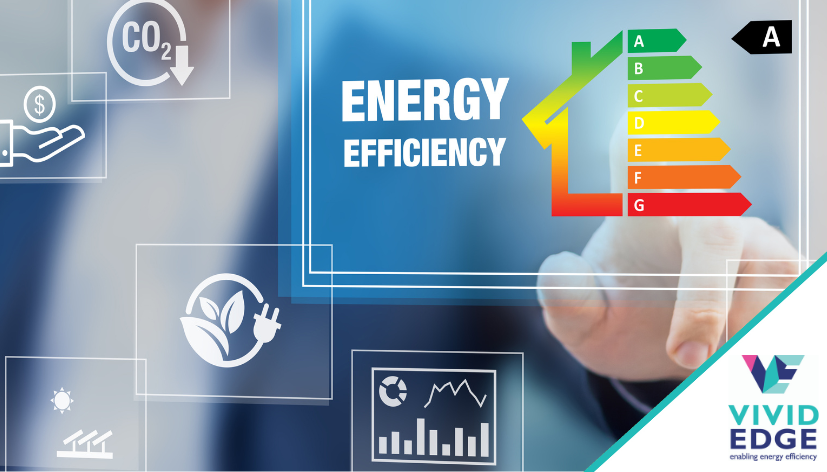As a business owner, it’s no secret that when it comes to increasing the bottom line, companies need to do one of two things: reducing costs or increasing revenue. Looking at the different overhead expenditures, energy costs stand out prominently, especially with the significant rise in energy prices in recent years.
In other news, the heightened awareness surrounding Environmental, Social, and Governance (ESG) responsibilities has added another layer of complexity to the issue. With these two issues, reducing energy consumption is becoming a key goal for businesses. By doing so, businesses can reduce energy costs and become more ESG-compliant, killing two birds with one stone.
The Issue of Rising Energy Costs
The past few years have seen energy price volatility since 2021, due to many reasons such as a post-pandemic increase in demand, supply shortages from the Ukraine war, supply chain disruptions, and the lack of renewable energy generation. This surge in energy costs has been posing a formidable challenge for businesses as they try to deal with these rising overhead costs.
The Pressure to Conform to ESG Mandates
On the other hand, governments and regulatory bodies worldwide are tightening the reins on ESG compliance, especially with new global directives such as the Corporate Sustainability Reporting Directive (CSRD). With these new regulations and the declining state of our planet, there is a greater need for businesses to do their part and adopt environmentally sustainable practices.
The environmental impact of energy consumption, due to its use of fossil fuels, is one central component of ESG assessments. As businesses work to align with these tightening ESG standards, they also need to rethink their strategies regarding energy consumption. There are two main options here; businesses either need to reduce their energy consumption or look for greener energy sources. In an effort to do both, many businesses have begun investing in more energy-efficient technologies and engaging in more sustainable energy practices, such as installing solar panels or making their office buildings more energy-efficient.
The Cost of Structural Changes
While the benefits of improving energy efficiency are evident, in both reducing energy costs and staying compliant with ESG regulations, the roadblock many businesses face with the implementation of structural changes is the upfront cost.
Putting in structural changes to increase energy efficiency, such as upgrading a building’s energy efficiency or installing solar panels, often requires substantial upfront investments. Many businesses, especially smaller businesses, may find it challenging to allocate significant budgets. This financial barrier is often what prevents organisations from embracing sustainable, energy-efficient investments, and practices.
Furthermore, increasing energy efficiency may also not be a top priority as ESG initiatives are not typically at the forefront of budget priorities for businesses. While businesses are aware of the long-term benefits, the immediate financial implications often lead organisations to deprioritize such initiatives. Instead, they may choose to make investments in other areas that could directly increase their overall profits.
Vivid Edge: Empowering Businesses on Their Sustainability Journey
In the face of these challenges, this is where Vivid Edge emerges as a solution for businesses struggling with this financial conundrum. We offer a comprehensive solution that aims to help organisations lower their carbon emissions with the fastest and most efficient route, through a unique approach to energy efficiency and decarbonisation as a service.
One of the key aspects of our approach is our commitment to overcoming the issue of funding with our turnkey-funded energy efficiency upgrades. Not only will Vivid Edge help businesses identify the areas for energy efficiency improvement but also will fund the required changes. By shouldering the finances of the upfront investment, Vivid Edge ensures that businesses, regardless of their budget constraints, can begin their journey towards sustainability.
As the cost of running a business continues to soar, organisations need to proactively address the challenges posed by increasing energy costs and the need for ESG compliance. This is where Vivid Edge comes into the picture as a strategic partner, offering a comprehensive solution that not only provides vital information and implements necessary improvements but also funds those improvements.




